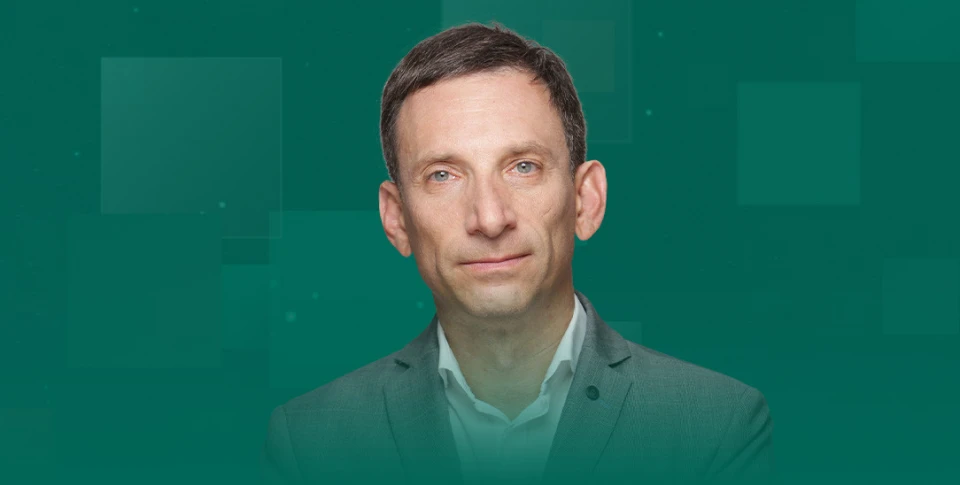
Fico, Szijjártó, and Orbán use "gas" statements to portray Ukraine as unreliable. Vitaly Portnikov column
It would be more profitable for Hungary to source gas from global exchanges, as Russian gas is more expensive. In reality, the claims about an alleged Ukrainian attack on the TurkStream are likely intended to portray Kyiv as unreliable
Russia's Ministry of Defense accused Ukraine of a drone attack on the "Ruskaya" gas compressor station in the Krasnodar region of Russia. This station is part of the infrastructure connected to the TurkStream route, which is essentially the last Russian pipeline supplying gas to Turkey, Hungary, and other countries in Southern Europe. It should be noted that Kyiv has not commented on the Russian Ministry of Defense's statement, but it was immediately addressed in Budapest.
Clearly, Hungary's Foreign Minister Péter Szijjártó, one of Viktor Orbán's closest allies, immediately blamed Kyiv for undermining Europe's energy security and emphasized the importance of maintaining stable gas supplies to European countries, particularly Hungary. It is telling that the foreign minister made these remarks and accusations against Ukraine before waiting for any official comments from the Ukrainian side, solely based on the statement from Russia's Ministry of Defense. This aligns with the efforts of Hungarian and Slovak prime ministers in recent weeks to not only portray Ukraine as unreliable in negotiations but also suggest that Kyiv seeks to undermine Europe's energy security.
Before January 1, 2025, when the transit contract between Russia's Gazprom and Ukraine's Naftogaz expired, Slovak Prime Minister Robert Fico made accusations and threats against Kyiv, even visiting Russian President Vladimir Putin in the Kremlin. Fico blamed Ukraine for the suspension of transit, not Moscow, where the decision to start the large-scale war against Ukraine — and consequently the severing of all energy and economic relations — was made. According to Fico, Kyiv rejected the deal on gas transit proposed by Bratislava and, presumably, Moscow as well. Kyiv did not agree to substitute Russian gas in Ukrainian pipelines with so-called Azerbaijani gas, despite the fact that Baku does not have additional gas volumes to facilitate transit through Ukraine's gas transportation system.
Hungarian Prime Minister Viktor Orbán unexpectedly joined the criticism of Kyiv's refusal to extend gas transit through the Ukrainian gas transportation system. This is notable given that, even before the large-scale attack on Ukraine, he had already reached an agreement with Moscow on a new gas contract.
It is worth noting that this is a preferential contract under which gas supplies to Hungary occur via the TurkStream. Moreover, Gazprom set the condition of changing the transit route as a key part of its offer to provide Budapest with a discount on Russian gas. This is despite the fact that the current price of Russian gas is higher than the price of gas that can be purchased on global markets.
Thus, we can talk not so much about the benefits for Hungary or Slovakia, but rather about the involvement of their elites in yet another round of Russian corrupt energy deals. However, even from this perspective, it remains completely unclear why Viktor Orbán was so concerned about the fate of transit through Ukraine's gas transportation system when the Hungarian Prime Minister was actually interested in having gas for his country supplied via a completely different route, independent of Ukraine.
Now we understand why — Viktor Orbán not only wanted to assist Robert Fico in his unprecedented attack on Ukraine but also sought to continue demonstrating that Ukraine's leadership is irresponsible. It is worth recalling that this was related to Orbán's statements about the so-called Christmas ceasefire, which he claimed to have negotiated with Russian President Vladimir Putin, while Ukrainian President Volodymyr Zelenskyy rejected such an agreement.
And now Budapest continues the same line of creating an image of an unreliable and dangerous Ukraine. Just hours after the Russian Ministry of Defense's statement about the alleged Ukrainian attack on the TurkStream (which, in this statement, specifically refers to Russian territory), Hungary's Foreign Minister — who, by the way, is the only foreign minister of an EU and NATO member country to have regularly visited Moscow throughout the three years of the full-scale Russian-Ukrainian war — joins in with the accusations from the Russian Ministry. By doing so, he essentially legitimizes these claims, leaving no doubt that they are truthful and accurate.
Péter Szijjártó doesn't even attempt to contact his Ukrainian counterpart, Andrii Sybiha, or any other Ukrainian official to at least find out the details of whether such an attack actually occurred or whether it truly posed a threat to Hungary's security regarding Russian gas supplies.
I won't even mention that Orbán's country should have long since rejected Russian fuel: of course, such a complex moral choice is hardly something for the far-right politicians of today, who dream of restoring relations with Russia to the pre-2022 period and hope that, soon, a new American administration — of which Viktor Orbán is an ally — will create the conditions for such economic recovery.
But even for Szijjártó's diplomatic statement to appear not as propaganda, but as a genuine expression of concern, it would have been worth finding out the Ukrainian side's response to the Russian Ministry of Defense's statement.
Of course, this would be the approach if the goal was to truly understand the situation with gas supplies in Hungary, rather than merely becoming another mouthpiece for portraying Ukraine as dangerous and unreliable.
About the author. Vitaly Portnikov, journalist, winner of the Shevchenko National Prize of Ukraine
The editors do not always share the opinions expressed by the blog authors.
- News











































